
Berdi
urinary Track Health
Do you know that cardiovascular disease claims more lives worldwide than any other ailment, with an estimated 17.9 million people succumbing to it annually? The sobering reality is that heart disease does not discriminate; it affects men and women of all ages, ethnicities, and backgrounds.
The good news is that much of the risk associated with heart disease can be mitigated through a heart-healthy lifestyle, and a cornerstone of this approach is a balanced diet rich in heart-healthy foods. These foods not only nourish the body but also safeguard the heart, reducing the risk of heart attacks, strokes, and related complications. Prioritising heart-healthy foods in your daily diet is a powerful and proactive step towards a longer, healthier, and more vibrant life.
You may already know that you need to avoid oils and start eating more vegetables to maintain good heart health. But there are several foods with surprising benefits for your heart that you may not know about. Here are the top 5 surprising heart-healthy foods.
Citrus bergamot is one of the most surprising heart-healthy foods. It is a lesser-known citrus fruit that offers a range of heart-healthy benefits that are supported by scientific research. This fruit is packed with natural compounds that contribute to improved heart health. In this section, we will explore how citrus bergamot can enhance heart health and back up these claims with research evidence.
Research has shown that citrus bergamot plays a significant role in cholesterol management. A study published in the journal “Integrative Food, Nutrition and Metabolism” discovered that citrus bergamot contains compounds such as flavonoids and polyphenols. These compounds have been found to reduce total cholesterol levels and low-density lipoprotein (LDL) cholesterol, which is often referred to as “bad” cholesterol.
Bergamot can also increase HDL cholesterol, which helps transport excess cholesterol away from the arteries to the liver for excretion. By increasing HDL levels and decreasing total cholesterol, citrus bergamot can aid in reducing the risk of atherosclerosis and cardiovascular diseases.
Citrus bergamot has been studied for its potential to regulate blood pressure. High blood pressure, or hypertension, is a significant risk factor for heart disease. The flavonoids found in citrus bergamot have been associated with vasodilation, the widening of blood vessels. By promoting vasodilation, citrus bergamot may help lower blood pressure, reducing the strain on the heart and decreasing the risk of heart-related complications.
Inflammation within the body can contribute to the development of heart disease. Citrus bergamot contains natural antioxidants and anti-inflammatory compounds. These can help reduce inflammation, a significant factor in the development of atherosclerosis, a condition where plaque builds up in the arteries.
A study published in the journal “Food Science & Nutrition” shows that citrus bergamot extract decreases inflammatory markers, demonstrating its potential anti-inflammatory effects. Reducing inflammation can lead to improved blood vessel function and a decreased risk of heart attacks and strokes.
The antioxidants in citrus bergamot, such as flavonoids and polyphenols, play a vital role in protecting the heart. These compounds help combat oxidative stress, which can damage the arteries and contribute to the development of heart disease. By neutralizing harmful free radicals and reducing oxidative stress, citrus bergamot can help preserve heart health.
In conclusion, citrus bergamot is one of the most heart-healthy foods, offering numerous heart-healthy benefits, including cholesterol management, blood pressure regulation, anti-inflammatory and antioxidant properties, and the reduction of triglycerides. These benefits are supported by scientific research, making citrus bergamot a valuable addition to a heart-healthy diet.
To reap all the cardioprotective properties of citrus bergamot you will have to take fruit daily, in abundant quantities. To avoid that, you can simply take one table of Citrus bergamot Supplement by Route2Health, which gives you 500mg of Citrus bergamot extract.

Oats are another heart-healthy food due to several key attributes that have been supported by scientific research.
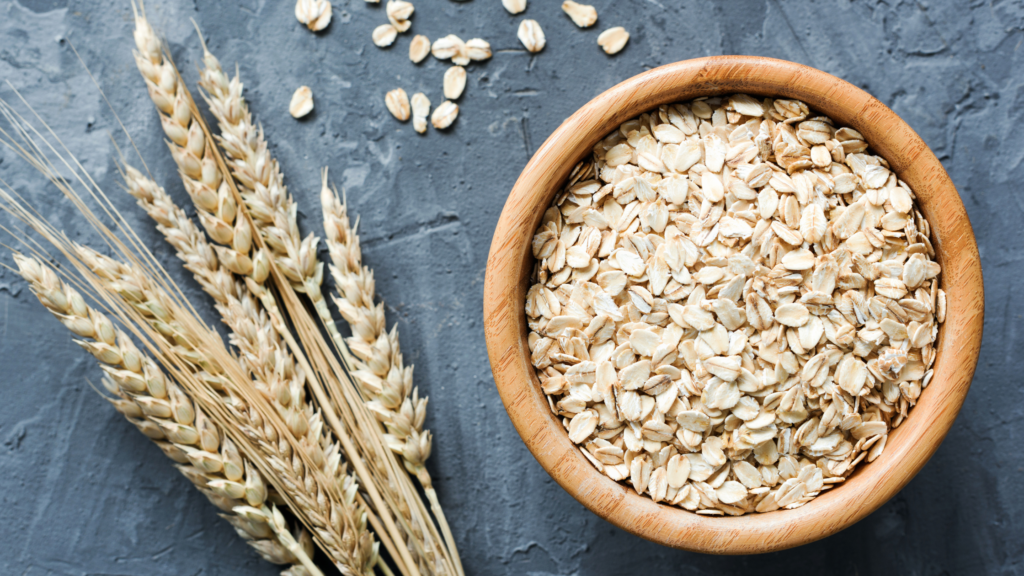
Fatty fish is one of the best heart-healthy foods. Fatty fish, such as salmon, mackerel, and sardines, are renowned for their high omega-3 fatty acid content. These fatty acids, particularly eicosapentaenoic acid (EPA) and docosahexaenoic acid (DHA) have numerous heart-healthy benefits. Research proves the positive impact of omega-3 fatty acids on cardiovascular health. Omega-3 fatty acids help reduce inflammation, lower triglycerides, and prevent irregular heart rhythms.
Omega-3 fatty acids, found in fatty fish, have anti-inflammatory properties, which can help reduce the inflammation associated with the development of atherosclerosis. This anti-inflammatory effect can improve overall heart health. Fatty fish has also been shown to reduce triglyceride levels effectively. By reducing triglycerides, fatty fish can lower the risk of heart disease and related complications.
Moreover, consumption of fatty fish can enhance the function of blood vessels. Healthy blood vessels are essential for maintaining optimal blood flow and preventing blockages. By improving blood vessel function, fatty fish can reduce the risk of blood clots and other cardiovascular problems.

Nuts and seeds are quite rich in fat, which might make you think that they are bad for your heart. But not all fat is the same. Nuts and seeds, including almonds, walnuts, chia seeds, and flaxseeds, are packed with heart-protective nutrients. They are rich in unsaturated fats, which can help lower harmful cholesterol levels. According to Dr. Reeves from Loma Linda University Health, nuts are rich in unsaturated fat, which is a healthy type of fat that your body needs to reduce LDL, the bad cholesterol in your blood. In addition, walnuts have high levels of omega-3 fatty acids.
In addition to healthy fats, nuts and seeds contain antioxidants, fibre, and plant sterols, all of which contribute to heart health. Snacking on a handful of nuts or incorporating them into your meals can be an excellent way to support your cardiovascular well-being.
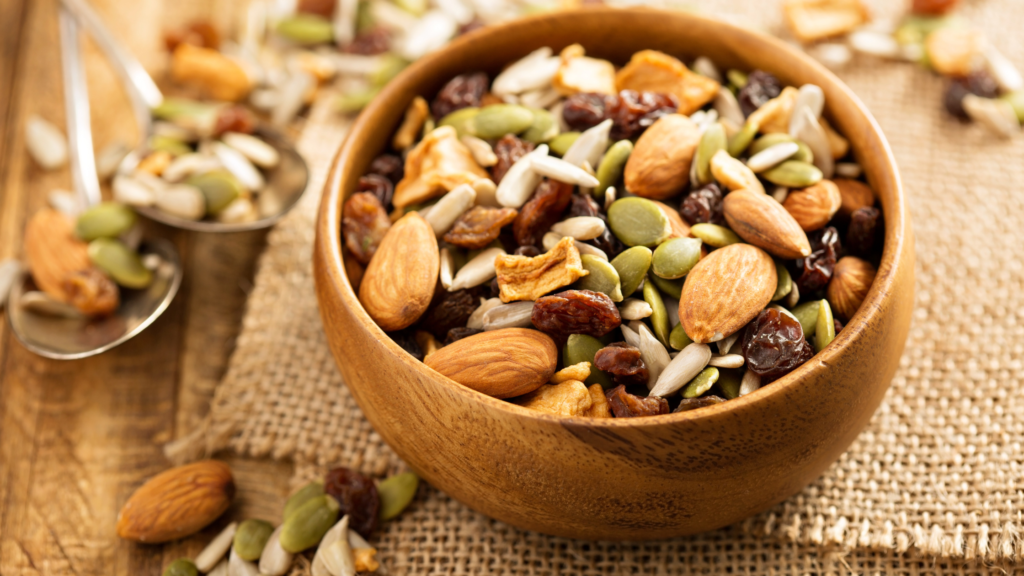
Leafy greens, such as spinach, kale, and Swiss chard, are nutritional powerhouses that can promote your heart health. They are low in calories and high in vitamins, minerals, and antioxidants.
These greens are a rich source of dietary nitrates, which can help relax blood vessels and lower blood pressure. They are also packed with vitamin K, which plays a crucial role in heart health by helping to prevent arterial calcification.

You can find many heart-healthy foods in your pantry. Citrus bergamot, oats, fatty fish, nuts and seeds, and leafy greens are just a few of the heart-healthy foods that can support your cardiovascular wellness. But the key is to curate a whole heart-healthy lifestyle that includes heart-healthy foods, regular exercise and essential supplements like Route2Health’s Citrus Bergamot.
Always remember to consult with a healthcare professional before making significant dietary changes, especially if you have pre-existing medical conditions or are taking medication.

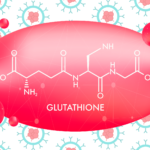




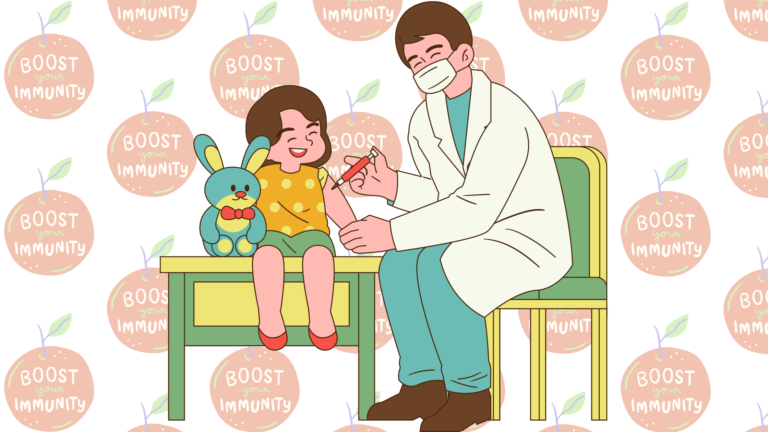
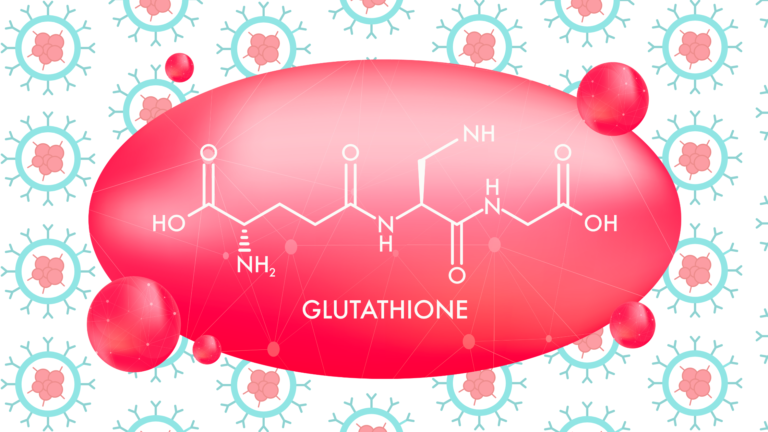


©2023 Route2Health®️
NTN: 2229383
AN ASSOCIATED COMPANY OF HIGHNOON LABORATORIES
STRN: 0301999937728

WhatsApp us
